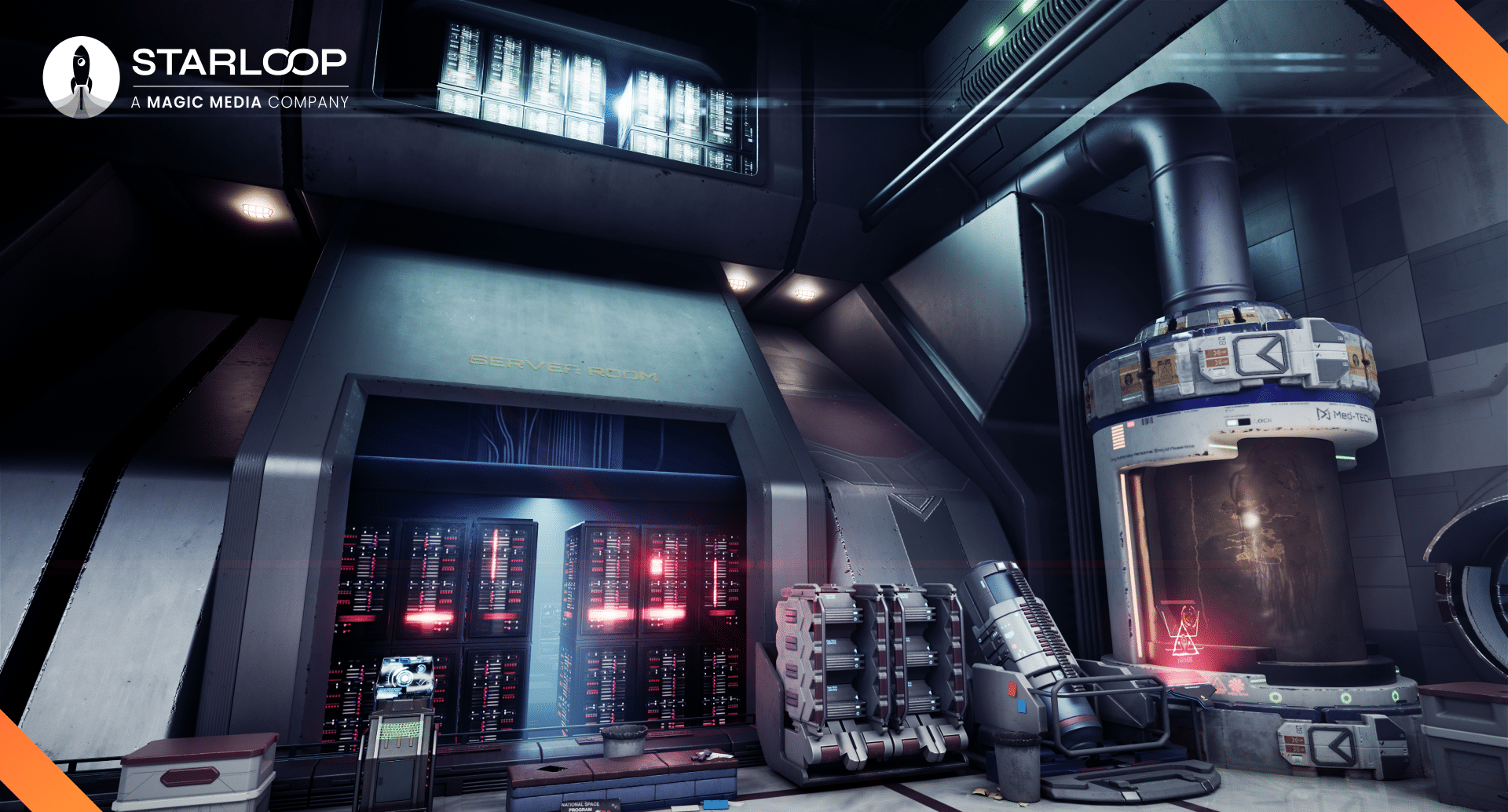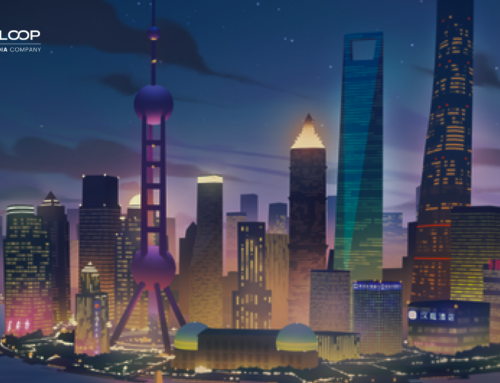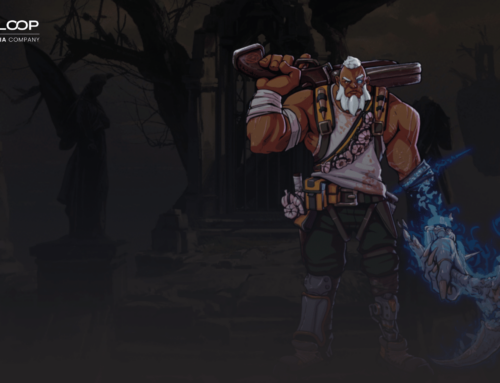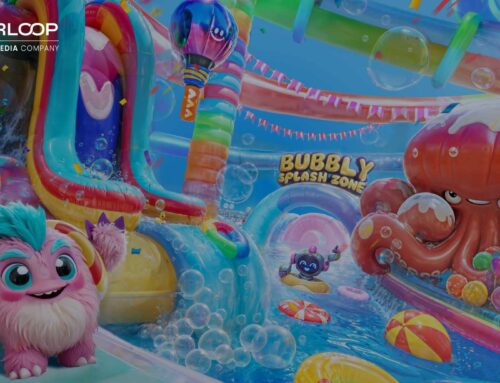Procedural content generation (PCG) is a prime example of how AI in game development is leveraged in creative and compelling ways. As the use of AI in game development ramps up and speculation is rife as to how it will be used in the future, procedural content generation is one of the most well-recognized and oldest uses of generative AI in game development.
Through cleverly used algorithms and defined parameters, PCG is a pathway to providing players with unique and engaging gameplay experiences and endless replayability, in addition to helping game developers reduce costs and development time.
Procedural Content Generation Uses in Games
One of the most common uses of procedural content generation in game development is terrain and world generation. Generative AI in game development projects such as the impossibly large universe of No Man’s Sky helps ensure that every player has a unique experience in the diversity of planets they explore, with no two locations being the same. Crafting these worlds purely by hand would be potentially unattainable, so implementing PCG with defined parameters in this case is a practical solution.
On a more granular level, using AI in game development can be leveraged to generate levels. A staple of the roguelike genre, procedurally generated levels create an element of surprise and the unexpected. Though developers will define the parameters of the algorithms governing level generation, the structure of the levels will vary wildly leading to unique experiences for every player.
Furthermore, PCG can be used to generate all manner of in-game items and objects, such as weapons and armor. Diablo IV makes extensive use of generative AI in game development in this way, facilitating randomized loot to excite players, which sits alongside static loot with fixed parameters found at set locations.
PCG Benefits the Game Development Process
By using procedural content generation, developers can reduce the sheer amount of work required by the team in creating locations, terrain, weapons, characters, and more. In some games, such as No Man’s Sky, it would require incalculable time to handcraft every possible world a player could encounter. By integrating PCG into the development process, this time reduces significantly while the developer produces all the game content required while decreasing development costs. This can be helpful for smaller developers or AAA-sized studios looking to experiment with new development processes.
Another boon provided by leveraging generative AI in game development in this way is scalability. Using PCG to generate game worlds and environments enables developers to create vast amounts of game content that results in longer-lasting gameplay experiences for players without impacting the resources available to the game development team. Furthermore, since content can be generated efficiently through the use of AI in game development processes, developers can offer gamers unparalleled replayability with wildly varying in-game assets and even adaptive narratives.
Technical Considerations for PCG
Though procedural content generation can be revelatory for developers, especially developers who are restricted in their resources, there are some technical challenges to consider when implementing it. Though PCG is one of the oldest and most well-known applications of AI in game development, it’s become increasingly complex and requires more fine-tuning to ensure it operates as it should.
As with any generative AI in game development, PCG systems need to be rigorously tested to ensure that it’s technically sound and works as intended. The sheer number of possibilities that PCG systems facilitate can also open up possibilities for unforeseen technical issues. This also extends to balancing to ensure that generated in-game items are balanced and fair without disrupting the player experience by being overly powerful or underwhelming.
Starloop Studios, as part of Magic Media, is an industry-leading gaming services provider comprised of experienced veterans prepared to do whatever it takes to bring your game to life. We’re experts in full-cycle game development, game porting, game QA testing, and many more services. Get in contact, and find out how we can help!



